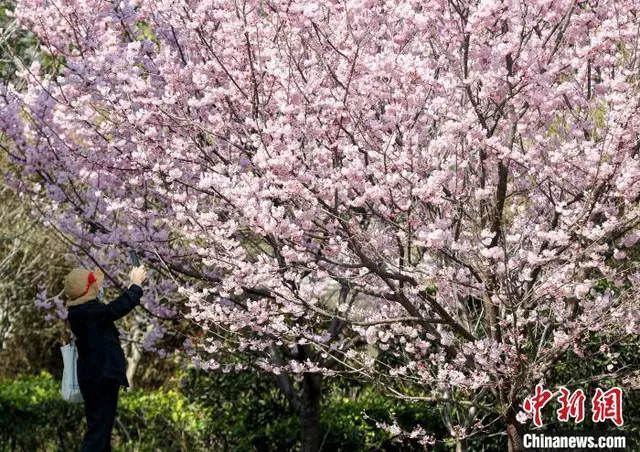Iran has appointed sanction experts in its nuclear negotiating team and has halted the production of high-grade enriched uranium, two signs of seriousness in its efforts to reach a deal with major powers in the upcoming talks.
On Thursday, Iranian local media reported that four sanction experts from the banking, trade, oil and transportation sectors have been added to Iran's nuclear negotiating team.
Iran's nuclear negotiator Abbas Araqchi said Thursday that nuclear and sanctions experts from Iran and the six world powers are to meet in the Austrian capital of Vienna on Oct. 30-31 in the run-up to the upcoming nuclear talks in Geneva, according to Press TV.
At the expert-level meeting in Vienna, Iran's seven-member team will be led by Foreign Ministry's director general for political affairs Hamid Baeedinejad, said Araqchi.
After the last round of nuclear meeting with the powers in Geneva, Iran announced that for the next round of talks with the P5+1 group -- the United States, China, Russia, France and Britain plus Germany -- it will include sanction experts in the hope for a deal on easing the international and Western embargoes over its controversial nuclear program.
Iran and the P5+1 countries held a fresh round of talks in Geneva on Oct. 15-16 and agreed to meet again in the Swiss city on Nov. 7-8. They also agreed on an expert-level meeting before the November talks.
In the meantime, senior Iranian lawmaker said that the Islamic republic has stopped the production of 20 percent enriched uranium temporarily, the website of Iran's parliament reported on Thursday.
The spokesman for the National Security and Foreign Policy Commission of Iran's Majlis (parliament), Hossein Naqavi-Hosseini, said that "nuclear industry of the country requires 20 percent enriched uranium for fueling the Tehran Research Reactor, but this (research) site has the fuel it requires now and there is no more need for its production."
Asked about the Russian foreign minister's recent comment on the possibility of an agreement between Iran and the powers to limit Iran's uranium enrichment to 5 percent, Naqavi-Hosseini said that only Iran itself can decide on whether to enrich above 5 percent or not.
"However, the subject of halting or suspending (the production of 20 percent enriched uranium) is meaningless now, because there is no production of it at all," he said, adding that "the fuel for Tehran reactor has been provided and there is no need for the 20 percent enriched uranium for the time being."
Iran will not swap the stockpile of its enriched uranium to the purity of 20 percent, but in order to respond to the concerns of the world it is ready to change its high-grade enriched uranium into the fuel rods, he emphasized.
Earlier this week, Iran's nuclear negotiator, Abbas Araqchi, attended the National Security and Foreign Policy Commission of Majlis to brief it on the last talks in Geneva.
In the comments followed Araqchi's report to Majlis, the lawmakers urged for confidence-building measures by the P5+1 concurrent with Iran's steps to alleviate the West's concerns.
The Iranian officials have unanimously insisted on the uranium enrichment right on Iran's soil, but they have said the Islamic republic is also open to negotiating on the level of uranium enrichment. Iran has earnestly called for the suspension of the international and Western sanctions against it.
On Thursday, Western media reported that the U.S. government was seeking to persuade the congress to postpone some new sanctions against Iran to let the nuclear talks get under way.
Besides tough negotiations with the P5+1, Iran's new administration is struggling to break a deadlock in its talks with the International Atomic Energy Agency (IAEA), the UN nuclear watchdog.
On Thursday, Araqchi said that he will meet with the Director General of the IAEA, Yukiya Amano, in Vienna on Oct. 28, according to the official IRNA news agency.
The meeting will take place before the upcoming Iran-IAEA talks scheduled to be held in Vienna on Oct. 28-29, Araqchi was quoted as saying.
On Sept. 27, Iran expressed its willingness to reach an agreement with the IAEA over nuclear inspection after the talks were held between Iranian new negotiation team and the UN nuclear agency in Vienna.
On Wednesday, Head of the Atomic Energy Organization of Iran, Ali-Akbar Salehi, also said Tehran is prepared to voluntarily cooperate with the IAEA on "outstanding issues" related to its nuclear program.
He said that his country is prepared to cooperate with the IAEA over "the issues raised about a possible military dimension to its nuclear program."
 简体中文
简体中文










